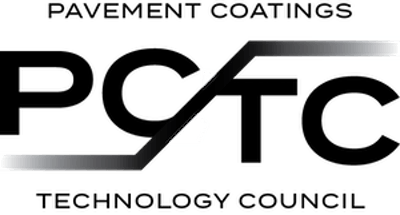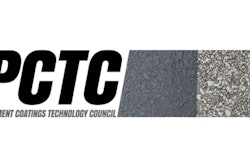
When scientists employed by universities, nonprofit institutes or corporations publish scientific studies, they routinely make their underlying research data available to peer reviewers and anyone else who is interested.
A recent U.S. Court of Appeals for the District of Columbia Circuit decision¸ Pavement Coatings Technology Council v. United States Geological Survey, confirms that federal government scientists should be no different.
The question of whether federal government scientists' computer model runs are exploratory data exempt from disclosure under the FOIA Exemption 5 deliberative process privilege was at the heart of the Pavement Coatings case. This seemingly esoteric question actually has far-reaching implications for all federal government scientists, and for any company whose products or services may be affected by federal government research.
The Case
In the Pavement Coatings case, U.S. Geological Survey, or USGS, scientists obtained the agency's authorization to publish a modeling study that they designed and conducted to determine whether refined tar sealant, also known as sealcoat —a coal tar-based product used to prolong the service lives of asphalt surfaces such as residential driveways, parking lots and airport runways —is the principal source of environmentally ubiquitous, polycyclic aromatic hydrocarbons, or PAHs, in urban lakes.
The Decision
As the D.C. Circuit confirmed in its Pavement Coatings decision, however, such intellectual exercises, i.e., the scientific method's trial-and-error process, are not legal or policy deliberations, which is what Congress intended to protect when it enacted Exemption 5.
Equally important, the Pavement Coatings decision makes it clear that federal government scientists are no different than non-governmentally scientists when it comes to making a published studies underlying data available to interested parties, including for the purpose of replicating a study to assess its validity and credibility.
Like every other published study, a federal agency's published studies should not be immune from criticism. Indeed, because government-sponsored studies often influence federal, state and local policies, as they have in the case of refined tar sealant, they should be subjected to heightened scrutiny.
This excerpt, written by Brian Riggs, was from an original article DC Circ.'s Exploratory Data Ruling Is A Win For Transparency by Lawrence Ebner and David Kanter, recently published by Law 360. The entire article can be found on the Pavement Coating and Technology Councils website, In the News.











![Lee Boy Facility 2025 17 Use[16]](https://img.forconstructionpros.com/mindful/acbm/workspaces/default/uploads/2025/09/leeboy-facility-2025-17-use16.AbONDzEzbV.jpg?ar=16%3A9&auto=format%2Ccompress&fit=crop&h=135&q=70&w=240)








